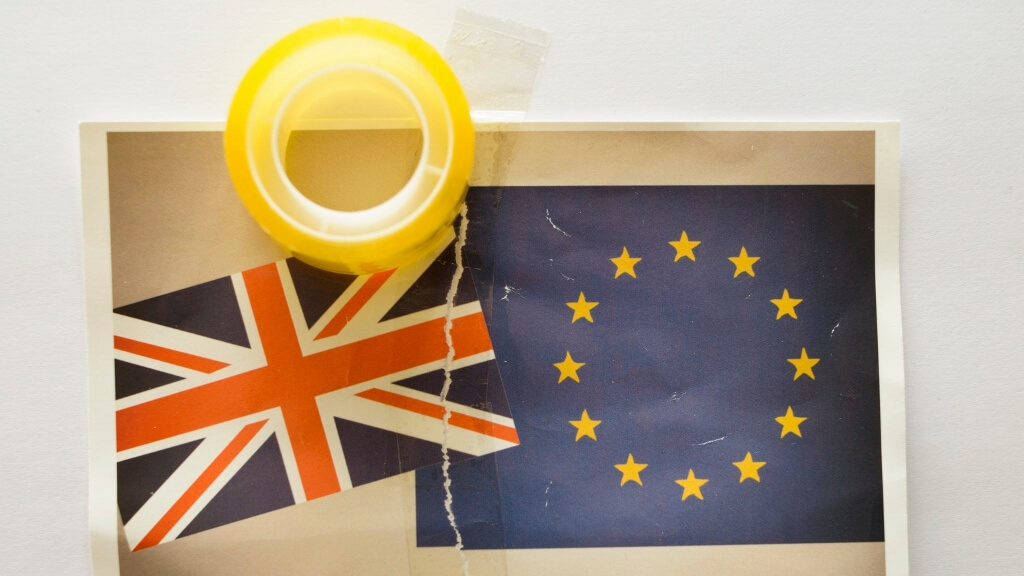Business Leaders Respond To Brexit
Business leaders are giving their early thoughts about the UK's future outside of the EU.

Falling currencies and stock markets are part of a short-term shock, but how will businesses fair in the long term and what do we need from our political leaders to steady the ship as the UK withdraws from the EU?
Carolyn Fairbairn, CBI Director-General, said: “Many businesses will be concerned and need time to assess the implications. But they are used to dealing with challenge and change and we should be confident they will adapt.”
Jason Kitcat, Head of Policy & Public Affairs at Crunch, said: “We hope that the government will move quickly following this result to set out its exit plans to minimise uncertainty for the business community.
"At the heart of negotiations to leave the EU must be how the growth and productivity of freelancers, contractors, the self employed and entrepreneurs will be supported in the new settlement.”
John Brennan, CEO of Amaris Hospitality, said: "We are now entering a period of uncertainly as Britain prepares the ground for exit. While the negotiation period could have an affect on the markets overall in the short-term, the hospitality sector is well-placed to remain robust during this period.
Alex Littner, Managing Director of Boost Capital, said: “Should the pound fall by as much as a fifth in value, as predicted by many, those buying goods overseas will suffer, so importers will expect to see their overheads increase. For them, the best option is gauging if sterling will fall further, then securing forward contracts to fix the costs of international money transfers.
Ian Cass, Managing Director of the Forum of Private Business, said: “Politicians now no longer have the excuse of EU interference and need to act quickly and effectively to offset what as most economists believe will be a period of uncertainty. This means the UK’s 1.3 million employers will need support in managing this period of disruption if it is to continue to drive the British economy.
Phil Foster, MD of Love Energy Savings, said: "UK businesses of all shapes and sizes have, at some point or another, relied on the European Union to supplement their workforce. The UK is still in the midst of a skills shortage, and EU migrants have provided many of the vital skills that we were lacking.
"There is a chance that the UK will no longer be the talent magnet it used to be, resulting in more bureaucracy and a reduced candidate pool for SMEs to dive into."
Ed Relf, CEO of the London-based start-up Laundrapp, said: “In true start-up spirit we've truly jumped off the cliff and now it's down to a "United" Kingdom to build the parachute on the way down!
"Although not a decision I agree with personally, it’s important to unite around the majority democratic decision and focus on what's important now, which is making Britain even greater. Today is truly Startup Britain and with change comes immense opportunity especially for startups like Laundrapp, which need to continually evolve to survive.”
Frances Dickens, CEO of Astus Group, said: “I’m delighted that UK voters have chosen opportunity over fear. Today marks the launch of UK plc: we are the fifth largest economy in the world and we can now hone our competitive edge free from the restrictions of Brussels.
"Anyone who has launched their own business recognises the anxiety and uncertainty of going it alone and the current reaction of the markets is reflecting this."
Thanks for signing up to Minutehack alerts.
Brilliant editorials heading your way soon.
Okay, Thanks!